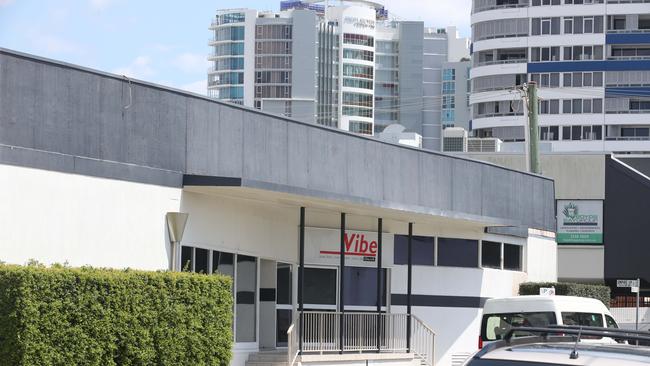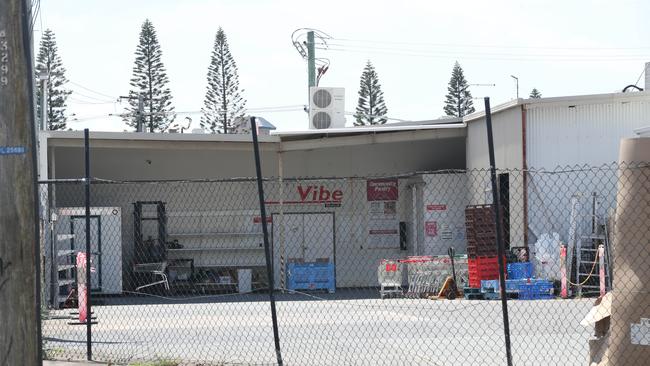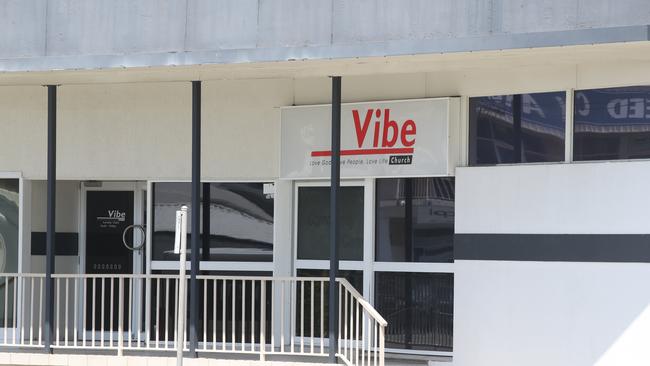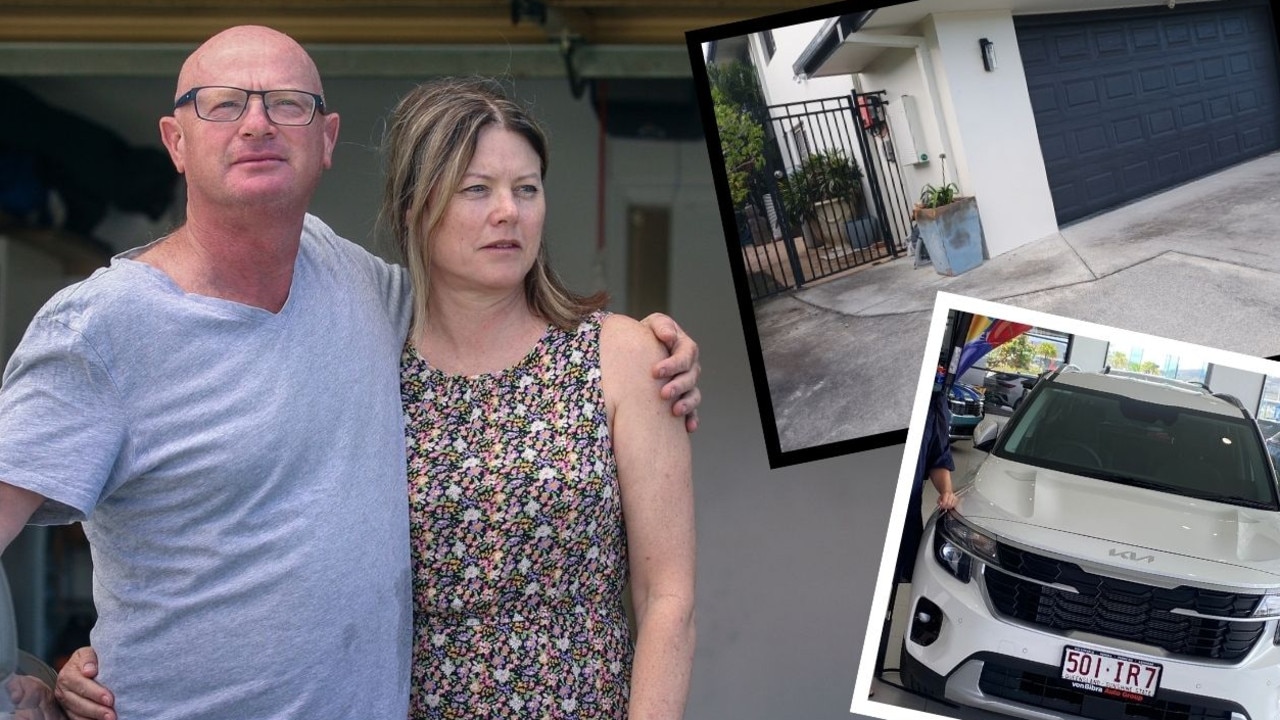Tweed Heads’ Victory House rehabiliation centre under blast
With interminable wait times at state-funded rehabs, experts plead for urgent oversight of the private sector, with one parent labelling a Coast clinic as ‘absolute madness’.

Gold Coast
Don't miss out on the headlines from Gold Coast. Followed categories will be added to My News.
A Gold Coast private rehabilitation centre has been blasted by a peak alcohol and drug organisation.
Queensland Network of Alcohol and Other Drug Agencies CEO Rebecca Lang, whose organisation represents the non-government treatment sector, said she was “disturbed” by reports about Victory House, which has three recovery centres on the Gold Coast and Northern NSW.
The centres are run by the Tweed Heads-based Vibe Church, an evangelical Christian group.
A Victory House spokesperson said the centres were accredited to a standard accepted by the National Quality Framework for Drug and Alcohol Treatment Services.

Ms Lang has said private alcohol and drug rehabilitation centres in Queensland were unregulated and not subject to state licensing, meaning there was no oversight of the expertise and treatment they offered.
State Health Minister Shannon Fentiman said “work was underway to review the regulation of private services”, adding it was vital vulnerable Queenslanders were able to receive high quality care in the private sector.
A parent of a former Victory House resident said such regulation was overdue and he was horrified by the treatment his child received at the Gold Coast facility.
“They base most of their programs on a simple philosophy: God will stop you/save you if you pray. Absolute madness,” he said.
“The clients in that house had 187 house rules that each girl had to not only write down three times, but recite on request. Most were faith-based rules.
“At one stage the house had nine women, four of whom had ankle bracelets fitted. The neighbours complained so much that the entire program was evicted from that address.”
The parent also said his daughter and others were not allowed to take their normal medications.
The Victory House spokesperson said they were an abstinence-based program but some prescription medications were allowed.

She also denied the house had nine occupants at one time, but confirmed some clients were on bail and fitted with ankle monitors and some house managers had an addiction or jail history but not in the recent past. She confirmed the group had left a previous residential house after complaints from a neighbour but denied they were evicted.
The Victory House spokesperson said the centres had only seven rules, including no acts or threats of violence to the self or others, and that none were faith-based.
She said clients did not need to be Christian but were required to attend Vibe Church every Sunday.
A video posted on Victory House’s public Facebook page showed a former client addressing the Vibe Church congregation and detailing the many rules he was subject to while in rehab.
“This place (Victory House) was not like anything I’d ever seen. There were 160-plus rules, which I had to write out three times. And I had to remember all 66 books of the Bible in order,” he said.
“There were all these rules I had to follow: if I leave a teaspoon in the sink, it cost me an hour of work. Taking my seatbelt off half a second before the car stopped would cost me five hours of work.”
Ms Lang said forcing clients to attend a religious service every week alone was grounds to reject Victory House from QNADA’s list of approved private rehab centres.
She said compulsory church attendance was considered a restrictive practice. Other rehabilitation clinics with religious affiliations, such as the Salvation Army’s QNADA-approved Goldbridge, have no faith-related treatment elements.

She also said evicting clients for threatening self-harm was dangerous and there should be a de-escalation process in place instead.
Victory House maintains its staff attended mental health first aid training, with most having at least a certificate-level qualification in mental health or alcohol and other drugs.
She said the centres were looking to up-skill their staff but that all workers knew who to refer to if they were unqualified.
She said while there were not medically trained staff on-site, they endeavoured to take residents to a GP or psychologist within two weeks of admittance.
Ms Lang said qualifications in mental health, while related, were not adequate to work in the AOD sector. She said mental health first aid training was “completely insufficient” and contained “zero content on drug dependence”.
Victory House’s spokesperson said it cost $500 to apply to Victory House and hold a bed, while the website stated ongoing costs for the 12-month program were ‘$600 per fortnight for clients on New Start CentreLink Payments or $850 per fortnight for clients on Disability Support Centre Link Payments’.
Ms Lang said a 12-month program was highly unusual, with most live-in programs 12 weeks at a maximum.
The parent of the former Victory House resident said he believed unregulated private rehab clinics were “all about money”.
“You have all these people in one house without appropriately qualified staff, all being told to pray away their demons, obviously there is a lot of unrest. Especially if you break one of the 187 rules,” he said.
“So the turnover is immense. That’s a lot of application fees they receive.
“My concern is that this is becoming a very common model and someone needs to step in and regulate the private sector.”
Ms Lang said while many centres were coming from the “right place”, the lack of industry oversight meant they were not necessarily helping.
“At the moment, anyone can set up a house, call it residential rehab and charge money. There is no regulatory retirement for any qualification, it’s atrocious,” she said.
“Courts referring people on bail to these random houses is a problem that we have raised with the government.
“There is agreement that change, including regulation and licensing, needs to happen … but there hasn’t been action.
“Unfortunately, the longer we let these places continue, the harder it will be to manage them out.”





